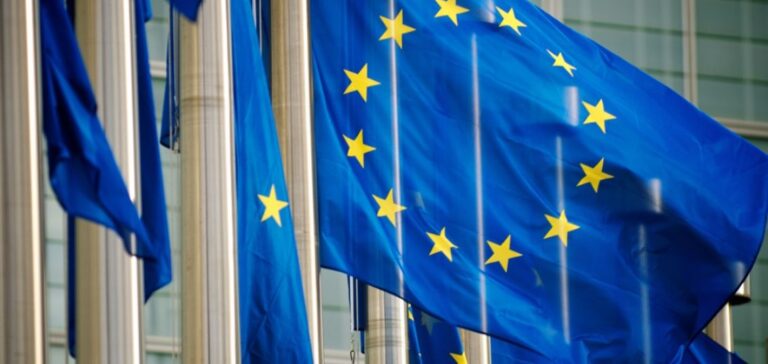The European Commission has announced that it will launch a third project call under the European Hydrogen Bank initiative in 2025, with a budget of €1 billion ($1.05 billion). This programme aims to support hydrogen production, a key element of the EU’s decarbonisation strategy. The launch of this call is planned for the third quarter of 2025, allowing member states to fund national projects using the “auction as a service” platform set up by the Commission, including unused EU funds. The support is designed to reduce the risks associated with hydrogen production, thus facilitating the adoption of this technology across the continent.
The launch of this third call follows the closure of the second auction of the Hydrogen Bank on February 20, 2025, which had a budget of €1.2 billion. The first auction in 2023, by contrast, was marked by disappointing results, with prices ranging from 37 to 48 cents per kilogram of hydrogen for a total of 1.5 GW of electrolyser capacity supported. These auctions are part of the EU’s efforts to reduce the cost of green hydrogen production, a rapidly growing market.
Recent market assessments estimate that the cost of producing green hydrogen via alkaline electrolysis in Germany, supported by renewable energy purchase agreements, is around €8.11 per kilogram, down from its peak of €14.50 in December 2023. This downward trend is seen as a positive sign for the long-term economic viability of the sector.
Regulatory Framework and New Initiatives
The European Commission is also establishing a clear regulatory framework for low-carbon hydrogen. A delegated act will be adopted in the first quarter of 2025 to define the criteria for low-carbon hydrogen, including production technologies via nuclear electrolysis and carbon capture for methane-based hydrogen production. This clarification aims to provide investors with the necessary security to support the growth of this industry.
Additionally, a hydrogen demand mechanism will be launched in the second quarter of 2025 to connect producers with buyers in industrial and transport sectors. This mechanism is expected to help structure demand and facilitate project financing, reducing risks for investors.
A Constantly Evolving Market
The European Union continues to strengthen its efforts to support the energy transition, but international competition remains fierce, with actors like Germany exerting pressure for a revision of the strict rules concerning electrolysis and hydrogen production. Current initiatives, including project calls and regulatory revisions, demonstrate the EU’s commitment to accelerating the development of hydrogen as a key solution for decarbonising the energy sector.






















